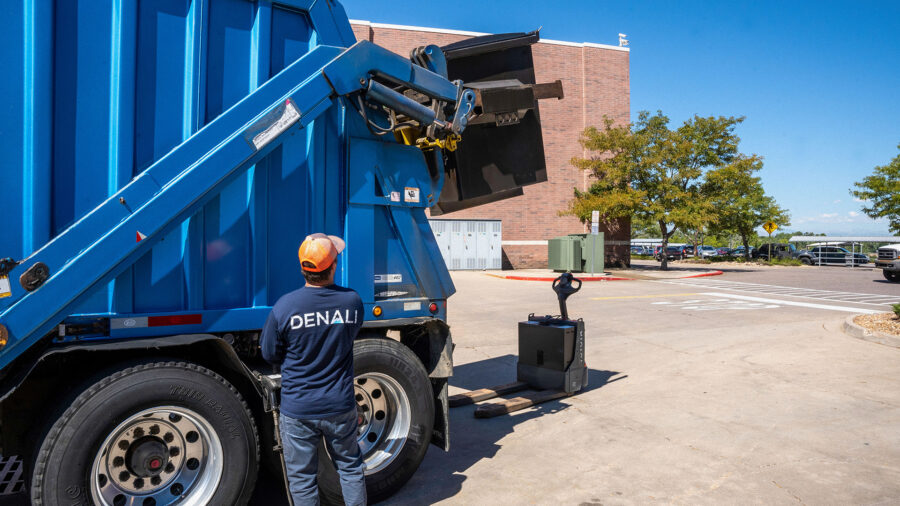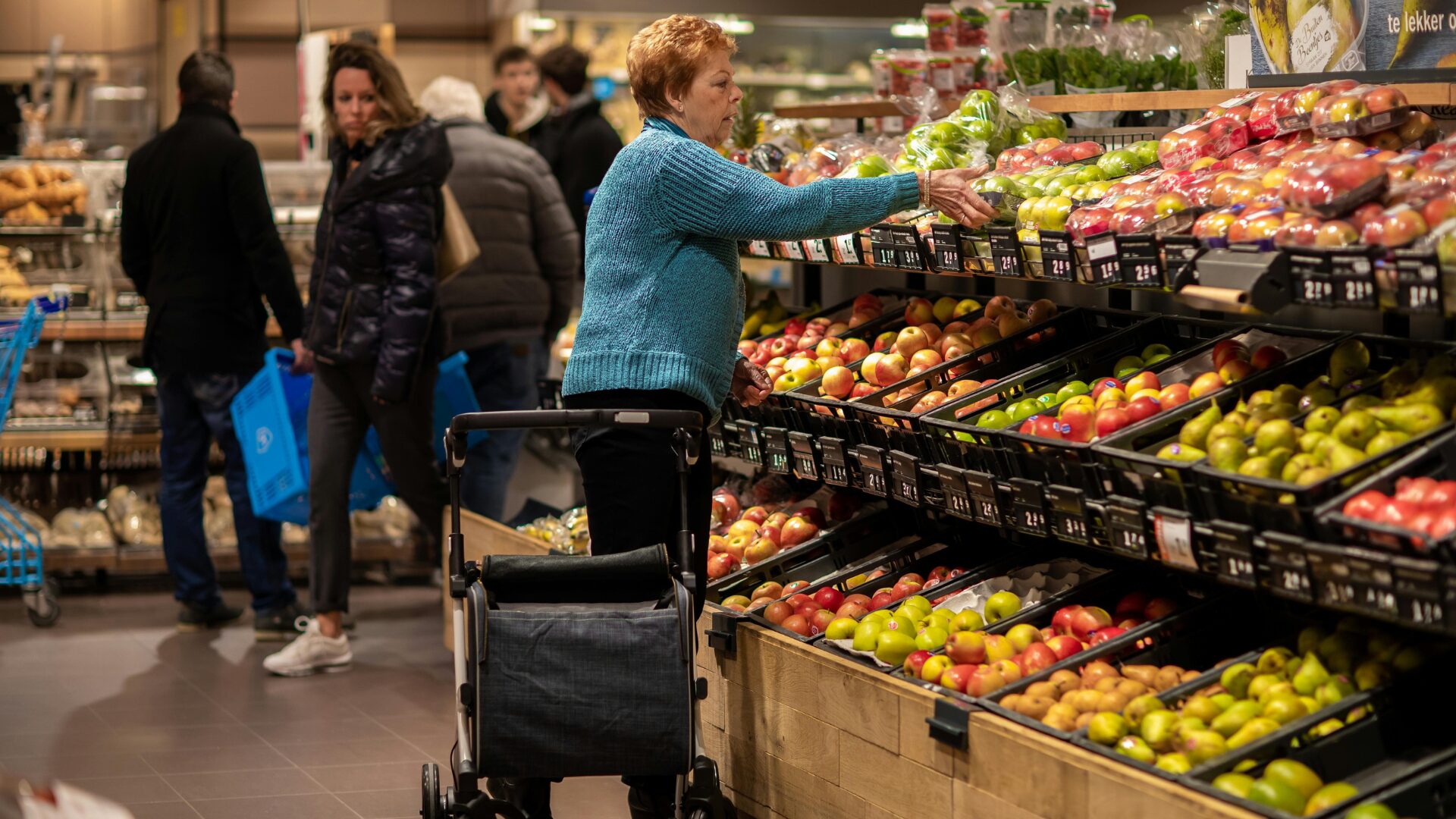Walmart’s grocery business continues to grow amid a challenging economic season and cash-strapped consumers. After spending several years and untold millions revamping its supply chain and in-store delivery capabilities, Walmart will now offer Express Delivery for items in as little as 30 minutes as well as Late Night Delivery services at over 4,000 locations in addition to same-day and in-home delivery options. Its next-gen fulfillment centers are ready to plate tables and stuff stockings as consumers look toward the holidays and new year.
Walmart’s ambitious grocery plans are paying big dividends. Shares of its stock have hit an all-time high and investors hope for a strong holiday season from the big-box retailer as more higher-income shoppers are turning to the super retailer to address their grocery and gifting needs. Walmart has also enjoyed double-digit e-commerce gains the past two quarters, eclipsing competitors such as Target.
Many will be looking toward the calendar with an eye not only on their budgets, baubles, and bubbles for the holidays, but also toward reducing food waste for themselves and their families. Despite a softer economic landing than many predicted, food is still wildly expensive for many consumers—the Bureau of Labor Statistics reported the food index rose 0.2% in September, as it did the previous two months; food at home increased 0.1% and food away from home rose almost half a percentage point.
Some may even opt to go cold turkey on, well, turkey, as the predicted cost of a Thanksgiving meal is expected to be more—not less—than last year.
Many are spending only what they need to in the food/bev space to fill their plates and bellies without too much waste making its way into the compost or garbage can. Americans waste an astounding volume of food—more than 119 billion pounds per year, according to data from FeedingAmerica.Org—the equivalent of over 130 billion meals and almost half a trillion dollars thrown away each year.
Giving Away Food Can Bolster Revenue
Nearly 40% of all food in America is wasted.
“Walmart and other retailers should be even more aggressive in rescuing food BEFORE it gets upcycled,” said Kimberly Smith to The Food Institute. Smith is CEO of Copia, a leading technology platform for managing food surplus redistribution for retailers, grocers, restaurants, and more.
“As the new EPA Wasted Food Scale indicates, donation is at least as important as upcycling when it comes to food surplus. But when retailers—who account for 20% of the food waste in America—choose to donate first, there are multiple advantages.”
Smith said donating helps the bottom line because retailers are able to spend less on waste hauling and, more critically, can claim an enhanced tax deduction up to twice the base value of the donated food.
“Further, one in ten Americans struggle with food insecurity, so by donating their surplus, large retailers like Walmart are able to make a dramatic impact on hunger in the communities in which they operate.”
Walmart recently renewed its partnership with Denali, a specialty waste and environmental services company, which will provide Walmart food waste recycling at all of its domestic locations. The recent announcement comes after Walmart’s continuing sustainability efforts and new initiatives piloted over the last several years, such as the Pacific Coast Food Waste Commitment, and Walmart hopes to divert its non-edible food from landfills to instead create animal feed, compost, and generate renewable energy.
According to its 2023 Environmental, Social and Governance report, Walmart hopes to reduce operational food waste by 50% by 2030 and has already achieved over 10% as of the end of 2022; last year, Walmart diverted 78% of its waste materials.
In an era of increased greenwashing and many companies abandoning once-ambitious ESG plans altogether, Walmart appears to be making real strides toward helping reduce food waste, solve food deserts, and burnishing its worldwide brand a little more.
“Companies can enhance sales strategy by implementing intelligent pricing and markdown techniques, including the use of markdown alert applications to offer near-expiry products at discounted prices with greater efficiency,” said Cristina Solis, an environmental engineer and sustainability consultant at Green Hive, a platform that promotes sustainability practices.
Solis said reducing food waste can benefit grocers and retailers at any scale with several notable long-term solutions:
- Reducing food waste can in fact bolster revenue by claiming tax deductions, reducing costs associated with waste disposal, and enticing eco-conscious consumers into the store.
- Companies can shine their brand image and appeal to a customer base more savvy and concerned with corporate practices than ever before.
- Humanitarian and ecologically minded company practices have been proven to also increase employee satisfaction and increase productivity.
“Food waste is simply a logistical issue,” said Hillary Cohen, co-founder of Every Day Action, a nonprofit that helps eliminate food waste by redistributing unused meals from film and TV sets.
In 2015, the USDA joined the U.S. Environmental Protection Agency (EPA) and set a goal to cut that nation’s food waste by 50% by 2030. Walmart has also made internal strides with its own products to meet its ESG goals—its Great Value line of private label cutlery is now compostable, helping to reduce virgin plastic use in hopes of achieving zero emissions by 2024 and eventually making all of its private brand packaging 100% recyclable, reusable, or compostable by 2025.












